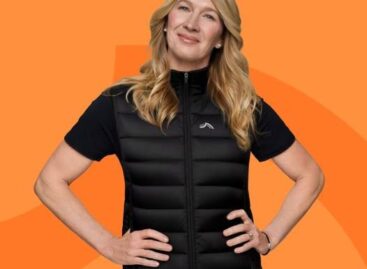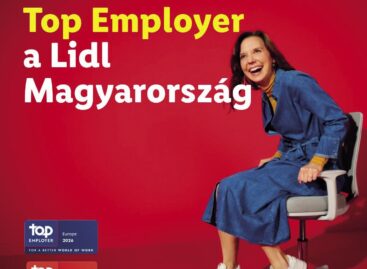Manager Magazine has published its list of the 500 richest Germans: based on 2024 data – just like in 2022 – Lidl and Kaufland founder Dieter Schwarz is at the top, with a fortune of 43.7 billion euros. Discount retail has once again overtaken the automotive industry at the top of the list: Schwarz has already left the 36.1 billion euros of the previous leading BMW shareholders (Susanne Klatten and Stefan Quandt) well behind him. Retail has also come in third place: the Albrecht–Heister families, who control Aldi Süd, are estimated to have a fortune of ~27.7 billion euros.
 A native of Heilbronn, Schwarz opened the first Lidl discount store in 1973 and launched the Kaufland hypermarket chain in 1984; the group is now Europe’s largest food retailer. Lidl is one of the largest market players in Hungary. Kaufland is not present in Hungary, but the regional activity and the news of a Slovakian website displaying forint price communication tailored to Hungarian customers occasionally trigger market speculation about a possible entry into Hungary.
A native of Heilbronn, Schwarz opened the first Lidl discount store in 1973 and launched the Kaufland hypermarket chain in 1984; the group is now Europe’s largest food retailer. Lidl is one of the largest market players in Hungary. Kaufland is not present in Hungary, but the regional activity and the news of a Slovakian website displaying forint price communication tailored to Hungarian customers occasionally trigger market speculation about a possible entry into Hungary.
Broader picture: the appreciation of retail on the German billionaires list
There are 256 euro-billionaires in Germany – a record and +7 people in one year. Over the quarter century of the list, the total wealth of the 100 richest people has increased from 263 to 758 billion euros (almost tripling), while German GDP has only doubled. In other words, the concentration of wealth is faster than the expansion of the economy – and discount retail is a permanently highlighted value-creating sector.
What does this say to the Hungarian market?
-
Discount model, scale advantage, purchasing discipline: the performance behind the top-listed assets confirms once again that efficient supply chains and daily price competition continue to bring market share, even in a weaker macro environment.
-
Multi-format strategy: the Lidl–Kaufland pair discount + hypermarket setup allows for flexible response to consumer missions (quick shopping vs. bulk shopping). If Kaufland were to enter, there could be a price and promotion war in the hypermarket segment.
-
Brand and private label: the discounters’ own brand portfolio (good–better–best) now also provides an alternative in the mid-upper segment. Domestic chains should respond with quality communication and a differentiated PL strategy.
-
Location and online presence: regional e-commerce signals (forint prices, targeted content) send a message to players that there is competition for the Hungarian basket in cross-border channels as well.
Dieter Schwarz’s new first place is not just a personal record; business proof that scalable, efficient discount retailing can remain a profit and wealth engine for years to come.









